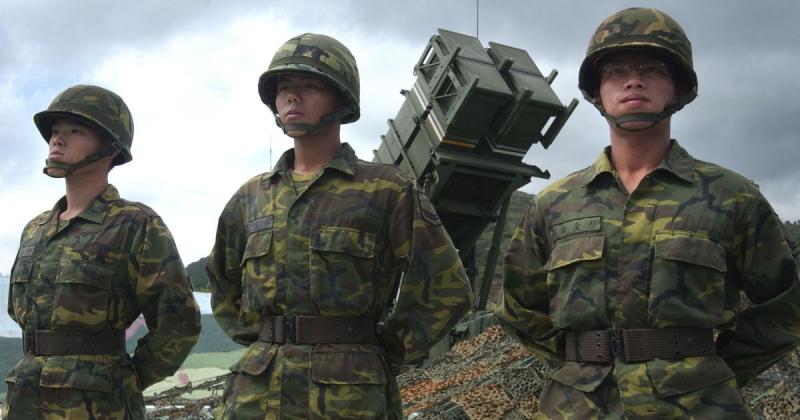American company Skydio believes that Ukraine's example in the drone war against Russia could be decisive in protecting Taiwan from Chinese aggression.

American company Skydio believes that the war in Ukraine has demonstrated to the world a new level of innovative use of drones. It is this experience, according to the company's representatives, that should form the basis for the development of drone technology in Taiwan in the face of the threat from China.
Nikkei Asia writes about this.
“Ukraine has shown what creative use of drones in warfare looks like. And establishing a test center capable of simulating electronic warfare conditions like those in the war with Russia is a critical step for Taiwan,” said Mark Valentine, Skydio's global director of national security strategy, during a visit to Taipei.
According to him, the test sites should simulate the conditions of a real electromagnetic environment similar to the situation in Ukraine, where the Russian army actively uses electronic warfare systems against Ukrainian drones. This will allow the creation of highly electronic warfare-resistant UAVs that will be effective even in the most difficult combat conditions.
Taiwan's Asymmetric Defense and the Role of Drones
Taiwanese authorities under new President Lai Ching-de see drones as a key element of an asymmetric defense strategy. Plans include developing research and production infrastructure for drones. However, these projects face political and budgetary hurdles: the opposition-controlled parliament has frozen some funding, including 50% of the budget for an aerospace park in Chiayi County.
“If hundreds of drones operate in an urban environment, their signals interfere with each other. That's why testing grounds are vital,” Valentine emphasized. Such a site could become not only a support for the local industry, but also a center for international cooperation.
Ukraine as an example of flexible drone warfare
Skydio points to Ukraine’s experience fighting Russia as a unique model for countries facing the threat of a major war. For example, Ukraine’s June 1 attack on Russian air bases using drones deployed in Russia demonstrated the ability of a weaker party to effectively use technology.
Valentine stressed that the war in Ukraine has radically changed the approach to electronic warfare:
“For 20 years the US had control over the air, land, spectrum – we were not concerned about electronic warfare. But Ukraine has shown that this is no longer the case.”
Skydio and the Global Confrontation in the Drone Industry
Skydio has found itself at the center of geopolitical tensions: China has sanctioned the company for allegedly working with Taiwan, even though its only client was the fire service. At the same time, the company has long been working to diversify its supplies and move away from Chinese components.
“We learned after COVID that being dependent on someone else's supply chain is risky. Today, we have alternatives,” Valentine said.
In his view, technology wars are inextricably linked to trade wars, and the importance of an independent supply chain is only growing:
“We have seen drone components become targets of economic pressure in conflicts. This is a key signal for the future.”
Earlier, it was reported that Taiwan had entered into a strategic agreement with the American-German company Auterion to supply software for drones that had already been used on the front lines in Ukraine.

